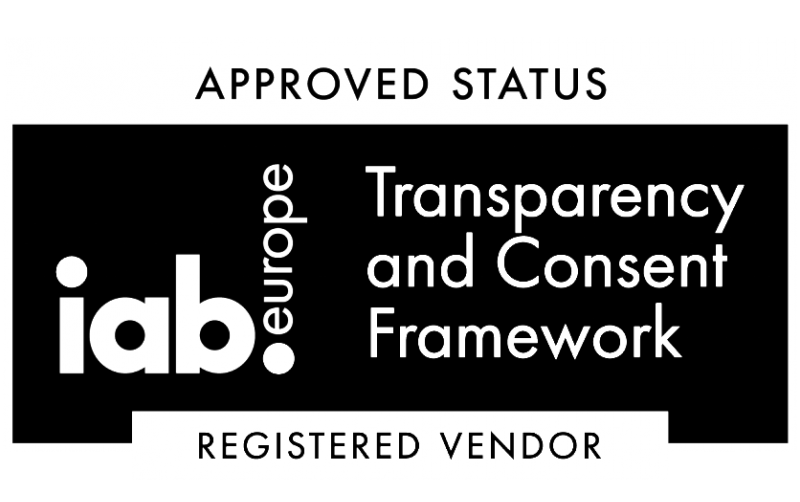Bridging the Gap: Financial Inclusion through Mobile Technology

As the globe is digitized, it is crucial to understand the pivotal role of financial inclusion. This financial gap can be addressed through mobile technology, specifically in remote areas. Let’s find out the drivers of the change, which are the key trends, and the way financial inclusion can be transformed through mobile technology, which can empower the economy.
The Role of Mobile Technology in Financial Inclusion
Since 5 billion people use mobile phones globally, including in underserved areas, mobile technology can help make financial inclusion more successful. Hence, the interface for accessing financial services has changed through the inclusion of mobile technology. In the past, a lot of people were incapable of accessing credit, banking services, insurance, and other financial products, but now they have a gateway for it. Many innovative companies are providing solutions to bring underserved populations under the umbrella.
Mobile Banking
A major part is played by mobile banking. Mobile phones can be used by people to transfer or receive funds, so physical bank branches are not essentially required. Mobile services are particularly useful in isolated and rural locations that are not as developed as traditional financial centers. M-Pesa is an example of a mobile banking service available in Kenya. They’ve proven they can communicate with millions of people who didn’t have bank accounts before. M-Pesa offers bill payment services, money transfers, and microloans. Mobile banking, like Telecoming, has the added advantage of being easily accessible and user-friendly, which benefits a broader range of customers, including those without technological expertise.
Digital Wallets
Another major development is digital wallets. Money can be stored digitally by the users, and they can transfer/receive funds with more convenience. Digital wallets gained popularity with companies like Apple Play, Google Wallets, and Pay Pal however, in developing markets, financial inclusion is brought about by localized solutions such as Paytm in India and Alipay in China. A bank account is no longer mandatory to make transactions, as digital wallets have got you covered. To cater to the needs of various markets with different likes and barriers, companies are customizing digital wallet solutions.
Impact on Economic Empowerment
The vision for financial inclusion through mobile technology is economic empowerment, not merely making financial services accessible. Do you want to know how mobile technology is changing the landscape?
Access to Credit
Access to credit falls under the category of primary barriers to financial inclusion. Loans can be obtained by small businesses and at individual levels, as well, because mobile technology enables peer-to-peer lending platforms and microfinance. Increasing access to credit will boost the economy as there will be more opportunities for entrepreneurs, leading to job creation. Underserved communities are addressed as different financial institutions partner with each other bringing innovation to credit solutions.
Savings and Investment
User-friendly and accessible platforms are offered by mobile technology, which encourages investments and savings. It is because there are certain features in mobile banking applications, like the ability to track expenses, invest in different financial products, and set saving goals. It encourages users to plan for the future and become financially resilient.
Insurance
Insurance has become more accessible through mobile technology. It is groundbreaking for rural areas as through insurance accessibility, they can seek protection against dangers like crop failure, natural calamities, and health issues. It assures a safer life for the population, which is more prone to risks.
Integrating Sports into Financial Inclusion
Financial inclusion can be promoted through sports. Surprised? Yes, sports can play a distinguished role in achieving this. Pure entertainment is offered by Telecoming’s sports services through engaging content and experiences pulling more and more sports fans around the world to its financial platform. The reach can be widened, and the users will be inclined towards purchasing financial products as Telecoming has integrated sports with financial services.
It is reported in Cinco Días that this year, Spanish consumers will spend 1.274 billion euros on digital goods and services that are paid for through mobile billing, commonly referred to as direct carrier billing or DCB. In the following four years, this amount will increase at an annual pace of 16%, to reach 2.298 billion, per a forecast.
Sponsorship and Community Engagement
Trust is gained and brand loyalty develops through sports sponsorship and community engagement. Engagement with communities can be built on an individual level through the support of local sports teams and events, and promotion. Key Trends Driving Financial Inclusion through Mobile Technology. There is a continuous development in the landscape of financial inclusion. Key trends to look for are:
Blockchain and Cryptocurrency: Cryptocurrencies and blockchain technology are the key players in financial inclusion. They claim that by utilizing safe and open transactions, they can reduce remittance costs and offer financial services to those who do not have access to traditional banks. These technologies are the face of the future, even though they are still in the early stages of acceptability.
Artificial Intelligence and Machine Learning: Mobile banking services are further improved using machine learning (ML) and artificial intelligence (AI). Supported services include fraud detection, individualized financial suggestions, and credit ratings. By providing more insightful risk analysis and individualized financial products, the use of these technologies enhances customers’ financial well-being.
Regulatory Support: As governments and regulatory bodies around the world see the critical role that mobile financial services play, policies are being developed to help them proliferate. The initiatives include promoting digital literacy, ensuring consumer protection, and improving digital infrastructure. To ensure the sustainable development of financial inclusion, regulatory support is crucial.
Wrapping Up
Economies and lifestyles around the world are transformed by financial inclusion through mobile technology. Mobile technologies are contributing to a reduction in the financial gap and an increase in economic empowerment by providing access to savings, banking services, insurance, and loans. Telecoming is spearheading this shift by developing innovative approaches to connect with the most disadvantaged populations. By adding sports to its menu of services, Telecoming is encouraging financial inclusion and engaging clients in novel and engaging ways. To establish a more just and inclusive global financial system, it will be imperative to make sure that these advantages are distributed to the most disadvantaged populations as technology develops.
Samantha Clark is a Warrington College of Business graduate and she works for the professional accounting firm, ThePayStubs. She handles all client relations with top-tier partners and found her passion in writing articles on various finance and business-related topics.
Stay tuned!

- Contacto DPO: privacy@telecoming.com
- Finalidad del tratamiento: suscripción al blog.
- Legitimación del contrato: consentimiento.
- Destinatario de cesiones o transferencias: no se efectúan transferencias de datos fuera de la UE.
- Derechos de las personas interesadas: acceso, rectificación, supresión, oposición, limitación del tratamiento, portabilidad de los datos e interposición de reclamación ante la AEPD.



